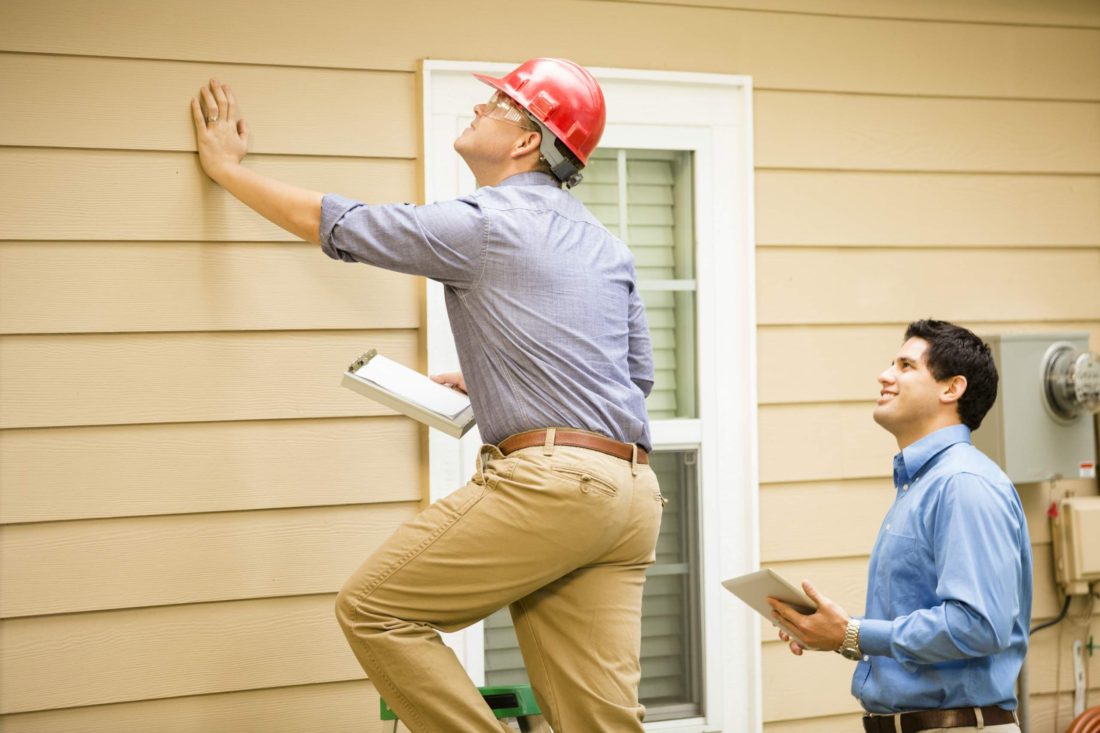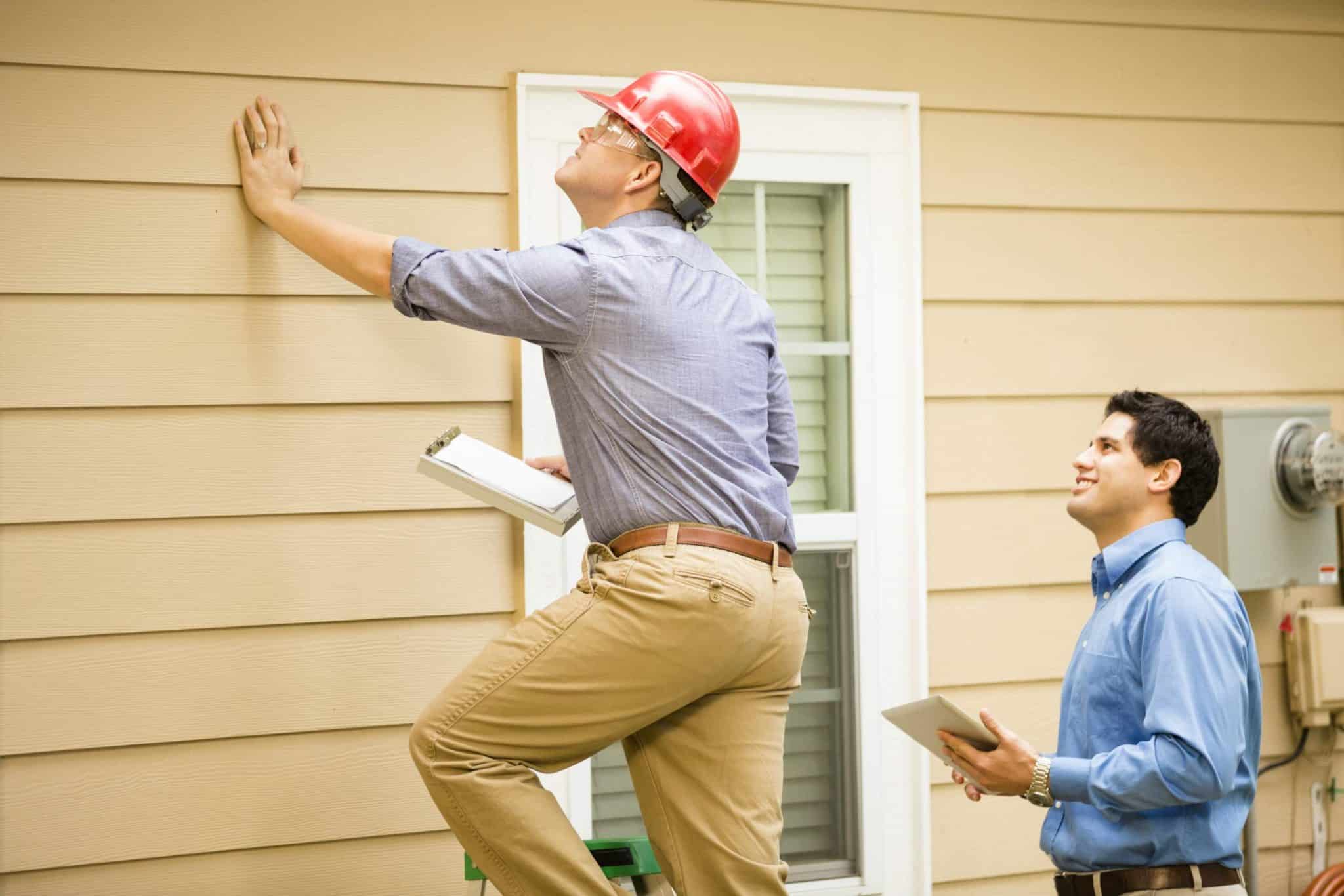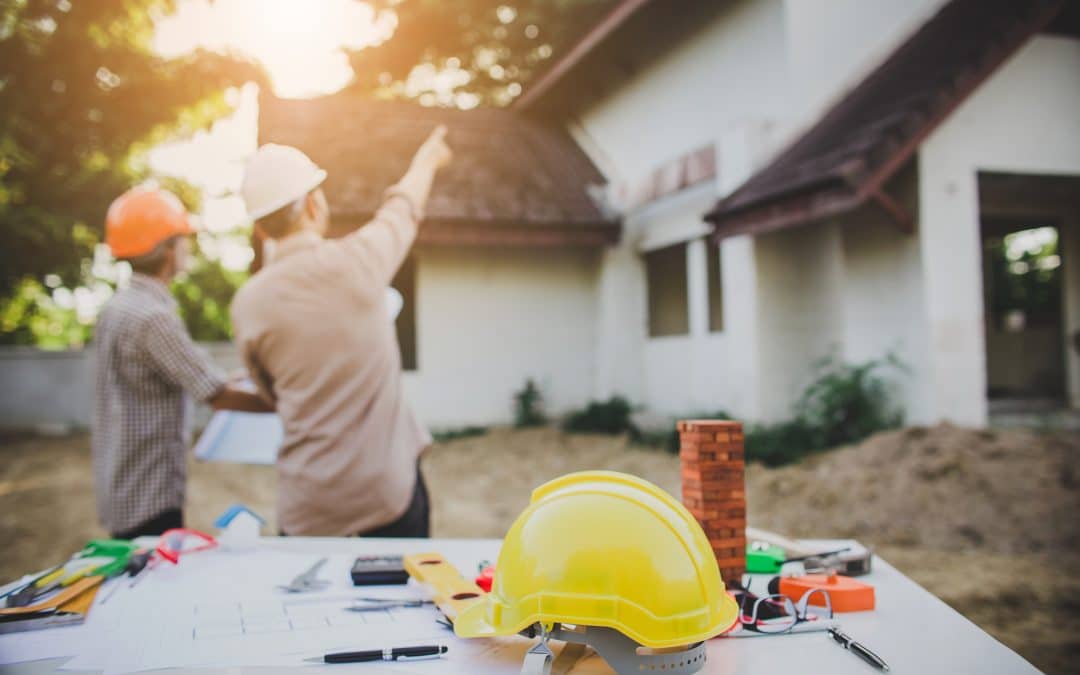
Home Inspection and Its Benefits Presented By Landon Huffer
It’s easy to get the excitement of buying a new home and forget to make the important decision to have a home inspection. The home-buying process is long and arduous. You often spend months searching for the right home before you make an offer. And once an offer is made, you must jump through several more hoops before the sale closes.
Most home buyers want their next home to be in very good condition. The problem is that it can be very hard for the eye to fully inspect a home for any issues. That’s why it is important to hire a professional to come out and properly inspect the property. The buyer pays the cost of a home inspection but can always waive the right to an inspection. That’s not a good idea. You should make a home inspection a mandatory part of the home-buying process.
A home inspection is a “visual assessment of the physical structure and frameworks of a house. It includes inspection from rooftop to the foundation. Standard home inspections incorporate an audit of the home heating and cooling framework. Also, it covers inside pipes, electrical frameworks, material, entryways, windows, dividers, and foundation.
Since buying a single-family home is the largest single purchase, it’s important to make sure nothing is wrong in the home. So it’s best to hire a professional who has the experience and the specialized tools to do the job thoroughly and correctly.
Professional report on the condition of the property
It seems basic, but the first step is to find a home inspector who is knowledgeable and has the experience to help you. Each home inspector will have a checklist of items to inspect and a standardized format for providing you with the results. The inspector will spend hours at the house, inspecting inside and out. Ask what the process is, how detailed the report will be, and if there are items that are not included.
A quality home inspection can reveal critical information about the condition of a home and its systems. This makes the buyer aware of what costs, repairs, and maintenance the home may require immediately and over time. A home inspection gives you ways to get out of the deal. Once the home inspector completes a report, you can renegotiate with the seller. You might want to have certain items repaired, or you could seek to have the cost of the home reduced.
Check Also: Home Maintenance and Its Importance
Safety and protection:
A home inspection can identify security issues like radon, carbon monoxide, and settling, which all homes ought to be inspected for. Ensure that your home-purchasing contract addresses such risks and you have the choice to drop the proposal to purchase.
Home inspections are much more basic in the event that you are purchasing a “with no guarantees” or short sale. Dwellings that have been boarded often develop hazardous mold problems, which are costly to remedy and pose health concerns.
Structural Condition:
Ensuring that the house is structurally stable is fundamental on the grounds that any issues in this area can cause burden, stress, and budgetary misfortunes. Major structural issues will take longer and cost more to fix them. Hence home inspectors are knowledgeable about recognizing what to search for.
They will verify whether the house was positively worked with proficient craftsmanship. After getting a decent report, a home purchaser will pick up true peace. In the event that there are issues, dealings can start, considering the new data.
Reveal Illegal Additions or Installations:
A home inspection can reveal whether rooms, altered garages, or basements were completed without a proper permit. If a house has illegal room additions that are un-permitted, it affects insurance, taxes, usability. It also affects the overall value. In essence, a buyer is purchasing something that legally does not exist.
Negotiating Tool:
One of the advantages of having a home inspection before you buy is the power it might give you to negotiate a lower price. If a home you want to buy is on the edge of your price range, the information you have gathered during the home inspection may give you the bargaining power to talk down the price. You can, also, ask the seller to fix the problems in the report. Also, you can renegotiate the asking price or ask the seller to contribute more to the closing costs.
Cost-efficient:
Some buyers don’t want to invest in a home inspection, stating that it falls under ‘extra expenses’ on top of their house purchase. In reality, a home inspection adds more value for property buyers than they realize. Those who skip out on the expense may realize in a few years that an inspection is much cheaper than rewiring the entire house.
A quality home inspection can keep you from having to pay thousands of dollars in repairs costs. You will always benefit more than the cost of your home inspection.










